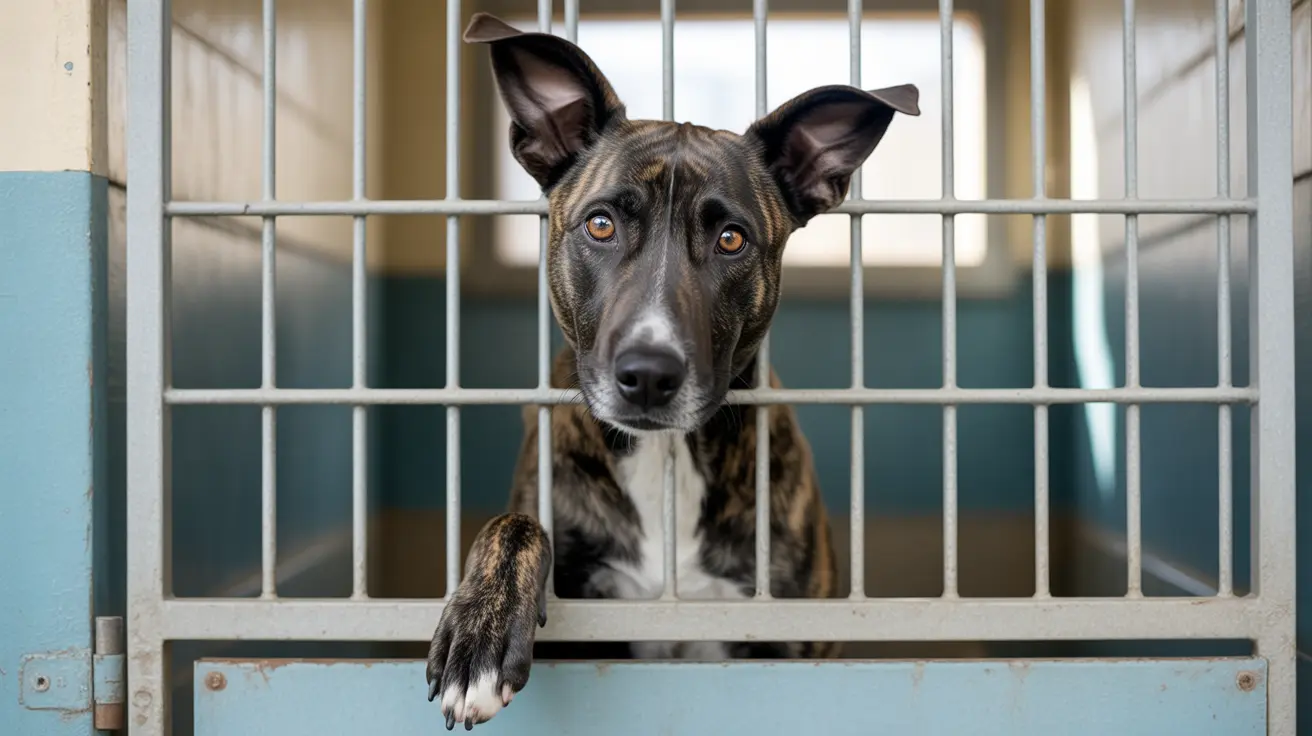Understanding Dramamine Use in Dogs
Dramamine, known generically as dimenhydrinate, is an antihistamine often prescribed by veterinarians to help dogs cope with nausea and vomiting—especially when these symptoms are triggered by motion sickness. While it's primarily formulated for humans and not officially FDA-approved for veterinary use, many vets find it effective for canine patients who struggle with car rides or other forms of travel.
How Dramamine Works in Dogs
Dramamine works by blocking histamine receptors in both the gut and brain. It also inhibits the neurotransmitter acetylcholine. Both of these actions help reduce the signals that trigger nausea. For dogs, this means less vomiting, drooling, restlessness, panting, and excessive swallowing—classic signs of travel-induced motion sickness.
Common Uses for Dramamine in Canines
- Motion Sickness: The most common reason vets recommend Dramamine is to help dogs who get carsick or experience nausea during any form of travel.
- Vestibular Disease: Some dogs develop vestibular disease, which affects balance and can cause severe nausea. Dramamine may be useful here as well.
Although it's not a cure-all, many owners notice a significant improvement when their dog takes the medication before a trip.
Dosage Guidelines
The typical dose for dogs is 2 to 4 mg per pound of body weight, given orally every eight hours. It's best to give Dramamine about 30 to 60 minutes before travel begins. You can administer it with or without food; however, some dogs tolerate it better if they've had a small meal first. Always double-check the dosage with your veterinarian, especially if your dog is very young, small, or has underlying health conditions.
- Only use products where dimenhydrinate is the sole active ingredient.
- Avoid 'non-drowsy' or combination formulas—they may contain unsafe ingredients for pets.
Possible Side Effects
Like any medication, Dramamine isn't without risks. The most common side effect is drowsiness or sedation, which can actually be helpful on long trips. Other possible reactions include:
- Dry mouth or increased thirst
- Lethargy or decreased appetite
- Upset stomach (sometimes diarrhea or vomiting)
- Difficulty urinating
A small number of dogs may become hyperactive instead of sleepy. Allergic reactions are rare but serious—look out for facial swelling, hives, rash, or trouble breathing and seek veterinary help immediately if these occur.
Precautions and Contraindications
- Avoid giving Dramamine to dogs allergic to it or similar antihistamines.
- Don't use in neonates (very young puppies).
- If your dog has glaucoma, heart disease, high blood pressure, seizures, hyperthyroidism, prostate enlargement, gastrointestinal/urinary blockage, or respiratory issues—consult your vet first.
Dramamine should also be avoided within two weeks of scheduled allergy skin testing because it can interfere with results. It's generally considered safe for older or nursing dogs when administered under veterinary supervision.
Drug Interactions
Dramamine can interact with several other medications. Tell your vet about all drugs and supplements your dog takes before starting treatment. Notable interactions include:
- Other antihistamines
- Sedatives or tranquilizers
- Benzodiazepines (anti-anxiety meds)
- Certain antidepressants
- Anti-seizure medications
This list isn't exhaustive; always check with your veterinarian about potential risks specific to your pet's situation.
If an Overdose Occurs
An overdose of Dramamine can cause severe problems such as overexcitement, seizures, coma—or worse. If you suspect an overdose (or if your dog shows unusual symptoms), seek immediate veterinary care.
Alternatives and Supportive Strategies
- Cerenia (maropitant citrate)
- Meclizine (another antihistamine)
- Behavioral modification (gradual exposure to riding in a car)
You might also try natural remedies like ginger or anti-anxiety treatments if anxiety contributes to your dog's symptoms. Making the car environment more comfortable—keeping it cool and quiet; using crates/restraints; bringing familiar blankets; taking frequent breaks; limiting food before travel—all help reduce motion sickness risk too.
The Importance of Veterinary Guidance
Dramamine can make travel much easier for many dogs but should never be given without professional advice. Some pups outgrow motion sickness as they mature; others need ongoing support from medications like Dramamine. Careful observation after starting any new treatment ensures safety and comfort for your four-legged companion on every journey.





